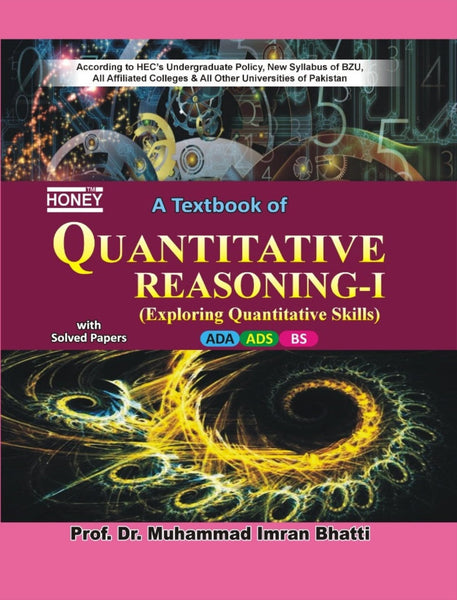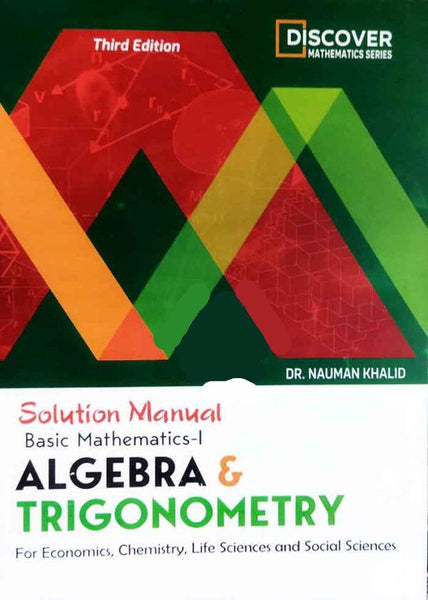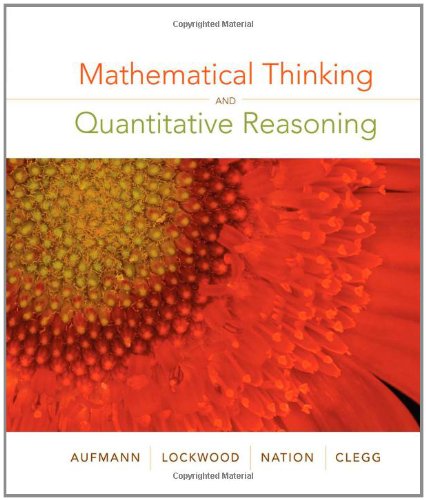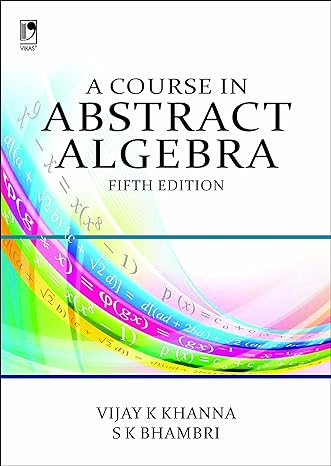Principles and Techniques in Combinatorics by Chuan Chong Chen (Author)
- Publisher: MATHEMATICS
- Availability: In Stock
- SKU: 35985
- Number of Pages: 298
Rs.680.00
Rs.895.00
Tags: advanced combinatorics , algebraic combinatorics , best books , Best Price , Best Selling Books , binomial coefficients , Chuan Chong Chen , combinatorial algorithms , combinatorial analysis , combinatorial design theory , combinatorial functions , combinatorial identities , combinatorial optimization , combinatorial proof , combinatorial theory , combinatorics , combinatorics and graph theory , combinatorics in computer science , combinatorics in probability , counting techniques , enumeration problems , generating functions , graph theory applications , Khee-Meng Koh , mathematical patterns , ONLINE BOOKS , Online Bookshop , partitions and compositions , permutation and combination , Principles and Techniques in Combinatorics , problem-solving in mathematics , set theory
Principles and Techniques in Combinatorics by Chuan Chong Chen and Khee-Meng Koh is a definitive guide to the fundamentals and advanced techniques of combinatorics. This book covers essential combinatorial principles, exploring the mathematical structures that govern counting, arrangement, and selection. Aimed at advanced undergraduates, graduate students, and researchers, it introduces core concepts such as permutation, combination, graphs, and optimization. The authors emphasize problem-solving skills and provide numerous examples and exercises to illustrate key ideas. The book also features methods and strategies for tackling complex combinatorial problems, making it an indispensable resource for anyone involved in combinatorial mathematics or related fields such as computer science, operations research, and discrete mathematics.
Key Points:
-
Comprehensive Coverage: The book thoroughly explores fundamental and advanced topics in combinatorics, making it suitable for beginners and advanced learners alike.
-
Problem-Solving Focus: Emphasizes practical problem-solving techniques with a wide range of examples and exercises to enhance understanding and application of combinatorial principles.
-
Theoretical and Practical Balance: Balances theoretical concepts with practical applications, ensuring that readers can connect abstract ideas with real-world scenarios.
-
Mathematical Rigor: Provides rigorous proofs and explanations of combinatorial principles, helping readers develop a solid understanding of the subject.
-
Graph Theory and Optimization: Includes significant sections on graph theory and optimization, key areas in combinatorics with applications in computer science and network theory.
-
Detailed Exercises: Offers a variety of exercises at different levels of difficulty to reinforce the reader's learning and test their comprehension.
-
Clear Structure: Organized in a clear and logical manner, each chapter builds upon the previous one, guiding readers step-by-step through the material.
-
Advanced Techniques: Introduces advanced combinatorial techniques, such as generating functions and inclusion-exclusion, for solving complex problems.
-
Cross-Disciplinary Relevance: The book is useful not only for mathematicians but also for professionals in computer science, engineering, and economics, where combinatorial methods are frequently applied.
-
Useful for Research: Serves as a solid reference for researchers and academics looking to deepen their understanding or explore specialized topics within combinatorics.
Conclusion:
Principles and Techniques in Combinatorics is a thorough and insightful book that serves as an excellent resource for students and professionals seeking a deep understanding of combinatorial mathematics. Its blend of theory, practical problem-solving, and advanced techniques makes it an essential guide for anyone pursuing further studies or research in this critical area of mathematics. Whether for academic coursework or professional application, this book is an indispensable tool in mastering combinatorics.
════ ⋆★⋆ ═══
Writer ✤ Chuan Chong Chen (Author), Khee-Meng Koh (Author)

























